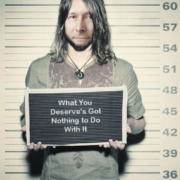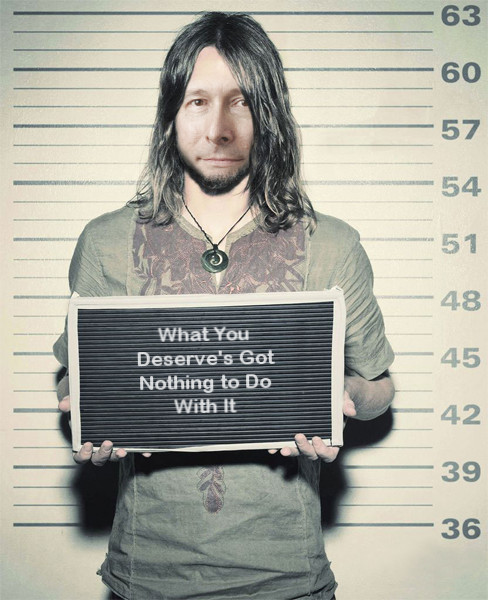Are You Being a Nasty Witch or a Freaking Ogre? – Episode 433

Ever had one of those days when you are crabby, irritable, unhappy and downright nasty? That’s when people start telling you things like “Wow, you sure are being a nasty witch today!” or “Man, why are you such a freaking absolute ogre today?”
Listen to this podcast episode now:
Want to catch up on previous episodes? Click here >
Well, maybe not in those exact words. Maybe in stronger words?? Sometimes we can’t even put a finger on why we are irritable or crabby. That’s a sign it’s time to give yourself some time to yourself. Time to take some personal time. “I can’t”, you might say? You can’t afford not to.
We’re all trying to get our wants and needs met, but first we need to be clear about what they are. The first step is to step away and carve out some time to figure it out.
Most of us are a collection of many different wants, needs and desires pulling us in many different directions. Of the all the things that I hear in my office, this is the most common: “One part of me wants this, and another part of me wants that…” Usually one part is unhappy with the other part because it’s not doing what the first part wants it to do, like quit smoking or get more motivated to exercise. Can you relate? I can.
If you throw job and family responsibilities into the mix, things can get complicated. It’s easy to avoid thinking about something within us that needs our attention until we can no longer ignore it. In my opinion, many people have no clue who they are or what they want because they’ve never spent much time with themselves.
Taking time for you, and being with yourself, can be one of the greatest gifts you can give to yourself because it results in self-knowledge.
It’s a way to honor yourself as well as your wants and needs, and to get clear about what those are. This is not a luxury, it’s a necessity.
If you are in a relationship such as marriage, that relationship grows from time spent with each other. If you have kids, an effort needs to be made to nurture that relationship. In the same way, it’s necessary to develop a relationship with yourself by spending time doing something you enjoy.
Of course, we all have responsibilities; things we need to do and places we need to be. The idea of taking time to yourself might appear to be impossible, if not downright ridiculous and unnecessary.
Yet, the whole idea of transformation involves moving towards freedom and away from constraint. To be free means you have a choice. A choice as to who you want to
be and what you want to do. However, it’s easy to get caught up in being who you think you should be according to someone else’s standards. Then, there is no choice. In episode 21, Are You A Zombie (a long time ago!) I talked about how we can become zombies from overwhelm and can become like the walking dead. Never taking time for yourself to do what you enjoy or like to do, can result in irritability, stress, tension and becoming difficult to live with, for yourself as well as others.
I have a wife and kids. These are relationships that need time and attention, lots of it. My relationship with myself also needs time and attention. Most of the time I get along with me but sometimes I don’t. Sometimes I’m critical of me or downright mean to me or careless with me. It can get so bad that I end up not liking myself very much. Ever been there?
It’s better to be your own best friend. If you’re upset with your friend, and that relationship is important, then you’ll eventually want to have a conversation with that friend and resolve whatever it is that’s coming between you. But first you need to spend time with that friend.
Ideas for spending time with yourself:
· Check in with your own self-care.
· Ask yourself: “Am I getting what I need. Am I getting what I want. Am I asking for these things?”
· Learn to be comfortable with yourself, learn to enjoy your own company. Not so easy if you’re not used to it. The constant need to be with others can be an addiction. It can be a distraction from what ails you deep inside.
· Take a walk, read a book, go to a park or museum. This is the time to rejuvenate and calm your mind. It might mean taking a day off work.
· Get a massage.
· Journaling is a very powerful way to be with yourself, to get intimate with your thoughts and feelings. Journaling can help us identify buried emotions such as anger and resentment. · Hypnotherapy is one very effective way to get present to what’s going on in your head and in your life. Talking to a friend, priest or counselor is also time you give to yourself to explore your inner life, which is the most important part of your life, because everything else is a reflection of that inner life.
· Exercise, yoga and mindfulness practices like meditation are other ways.
· Taking yourself out to dinner. Take a drive just to drive and listen to music.
In our busy world, most people will not do this until a crisis occurs, then taking time might be a short stay in the hospital. It doesn’t have to come to that. Give yourself what you need on a regular basis, and you will notice that not only will people want to spend more time with you, but you’ll be happier with yourself. Then you only need to be an ogre or witch at Halloween.
Here’s a quote from the Dalai Lama:
“If you feel burnout setting in, if you feel demoralized or exhausted, it is best for the sake of everyone to withdraw and restore yourself.
Are you having trouble being more in control of regulating your emotions? Request a complimentary consultation with Ted to explore if hypnotherapy can transform your challenges into possibility! Click here to request a consultation: https://tedmoreno.com/ready-to-get-started/



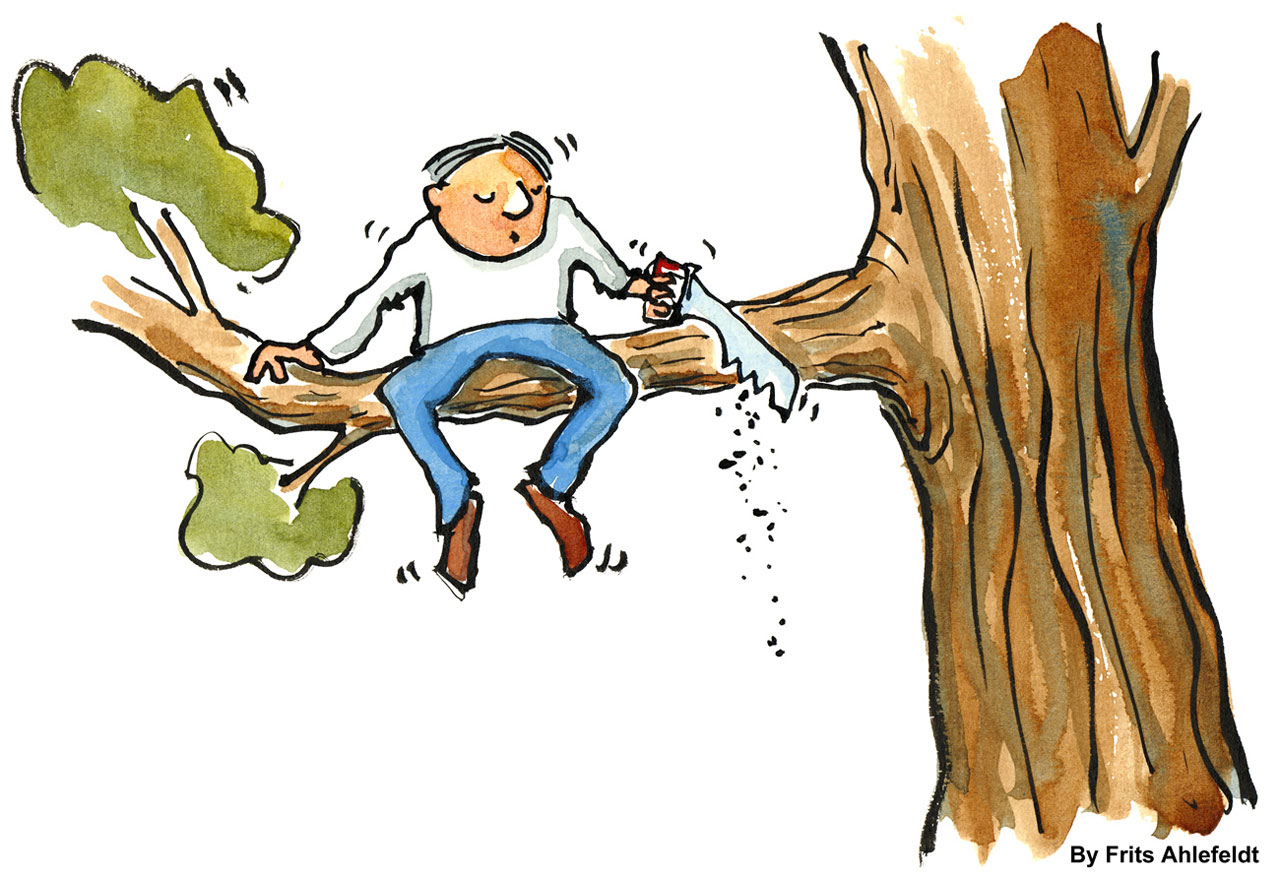



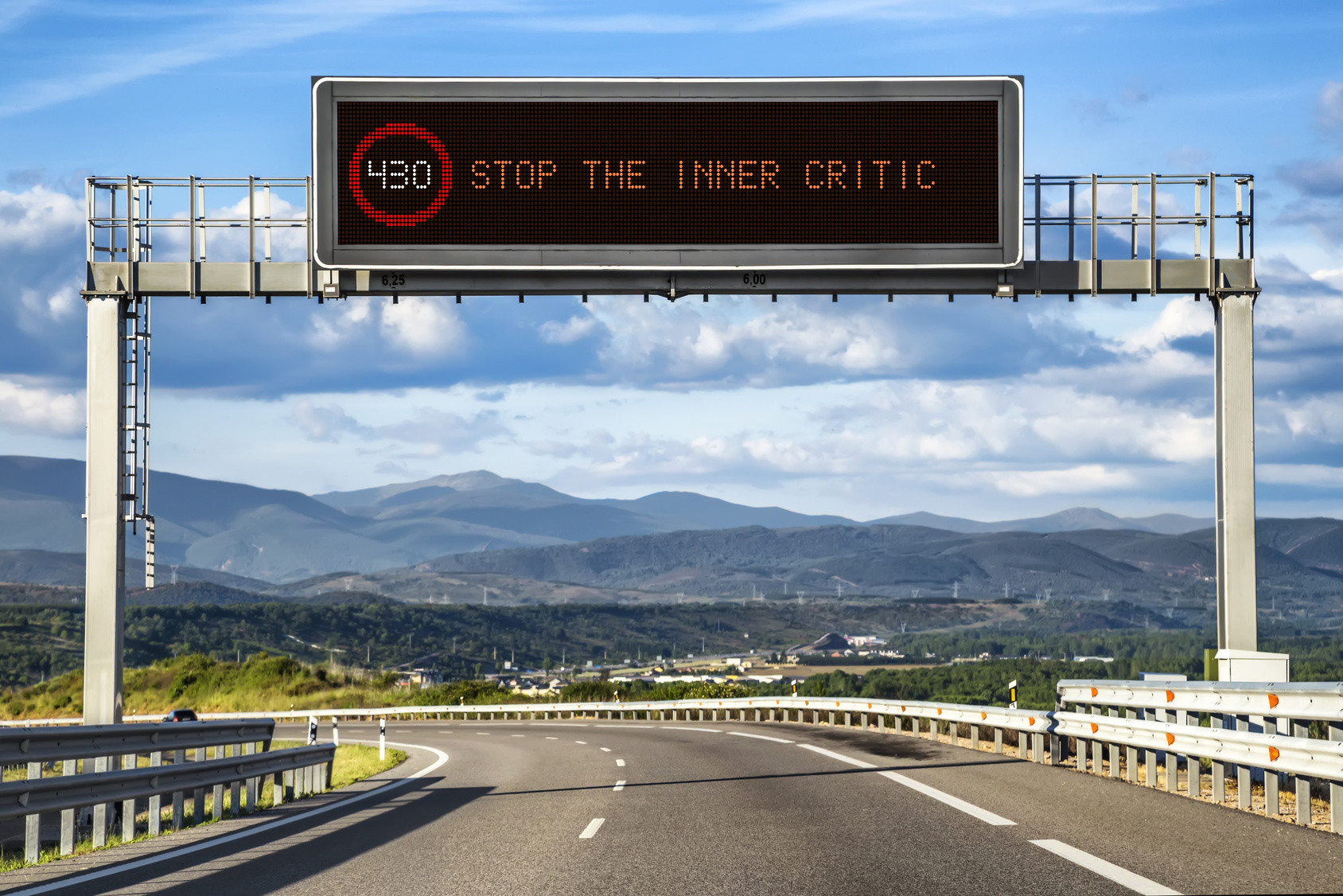

 The first time I went to a business mixer, I was so nervous about meeting other people, that after getting a drink, I went and stood in a corner next to another guy who also seemed to have the same problem. That’s where I stayed the whole night. I went home and my wife asked me how it went and I told her it didn’t. She went with me the next time and that made it a lot easier.
The first time I went to a business mixer, I was so nervous about meeting other people, that after getting a drink, I went and stood in a corner next to another guy who also seemed to have the same problem. That’s where I stayed the whole night. I went home and my wife asked me how it went and I told her it didn’t. She went with me the next time and that made it a lot easier.
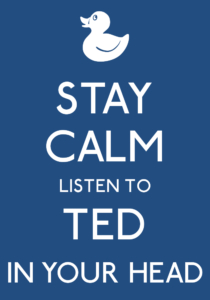 (Want to hear the podcast on this topic? Go to
(Want to hear the podcast on this topic? Go to 
 I was having breakfast with a couple of friends this morning and we were talking about how we met our significant others.
I was having breakfast with a couple of friends this morning and we were talking about how we met our significant others.